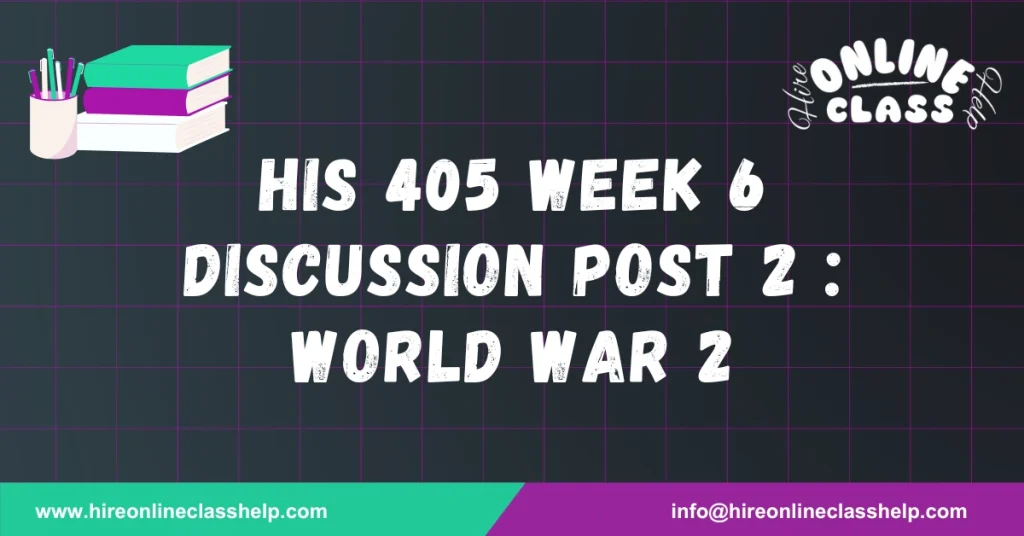






Name
Chamberlain University
HIS-405 US History
Prof. Name
Date
Hello everyone! This week, our focus will be on the Treaty of Versailles, the rise of fascism, and the failure of the League of Nations. The Treaty of Versailles, signed in 1919, ended World War I, which had lasted five years. It established the terms of peace between Germany and the Allied Nations, including the United States, France, and the United Kingdom, who emerged victorious. While the treaty aimed to bring peace, it sparked controversy by placing the blame for the entire war on Germany and the Central Powers, including Austria-Hungary. This resulted in significant territorial losses, drastic reductions in military forces, and substantial reparations to the Allies (National Geographic, 2013).
Fascism began to emerge in the early 20th century, first taking root in Italy during World War I before spreading to neighboring European countries. This far-right, authoritarian ultranationalism is characterized by dictatorial power, suppression of dissent, and strict control over society and the economy. Fascists viewed their movement as a revolutionary change in warfare, society, the state, and technology (Boundless, n.d.). These regimes often focused on themes of community decline and victimhood, leading to nationalistic and racist ideologies, as exemplified by the Holocaust in Nazi Germany. They believed that a totalitarian, one-party state was essential to prepare nations for conflict and address economic challenges (Boundless, n.d.). Following World War I, fascist regimes notably emerged in Italy, Germany, and Japan, which later formed an alliance in World War II.
The failure of the League of Nations largely stemmed from issues surrounding unanimity. The League weakened due to the absence of major powers like Germany, Japan, and Italy, coupled with the lack of U.S. participation. Members of the Senate Foreign Relations Committee concluded that U.S. involvement would preordain the League’s fate (Waxman, 2019). The League required all members to commit to protecting the independence and territorial integrity of other countries, which some committee members viewed as a demand for the U.S. to allocate its resources to assist others, ultimately leading to a unanimous rejection of the League (Waxman, 2019).
Post-World War I, the United States adopted a policy of isolationism, avoiding involvement in European or Asian affairs, believing it could pursue its interests independently due to its geographic isolation (Boundless, n.d.). President Truman’s decision to drop the atomic bomb on Japan was one of his most challenging choices, significantly impacting the future of democracy in the U.S. The Allied powers had demanded Japan’s immediate and unconditional surrender, which was rejected by Japan’s military leadership, although there were signs that surrender might have been possible (Independence Hall Association, n.d.). Many viewed Truman’s decision as barbaric, leading to long-term negative consequences for the U.S. and escalating the nuclear arms race. Despite the moral implications, the bombings ultimately contributed to ending one of history’s most destructive wars.
REPLY:
Hey Emma ! Great discussion post! I also researched the United States’ isolationism during the rise of fascism, and I found additional insights on the topic. Fascism gained traction in Europe after World War I as many sought national unity and strong leadership. In Italy, Benito Mussolini leveraged his charisma to establish a formidable fascist state. The characteristics of this regime included absolute state power, dictatorship, corporatism, extreme nationalism, and increased militarism and imperialism. Fascists deemed liberal democracy obsolete, advocating for a totalitarian one-party state to prepare for conflict and address economic issues (Boundless, n.d.). Following World War I, notable fascist regimes arose in Italy, Germany, and Japan, which later allied during World War II.
References: